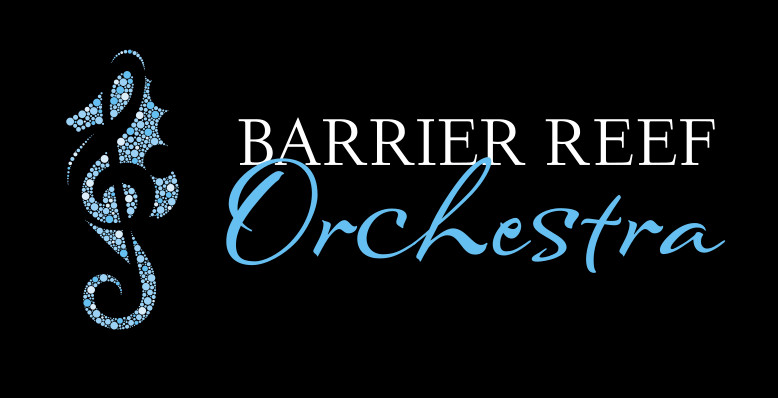Review: A Bohemian Romance on 17th March 2024
Barrier Reef Orchestra and Watson deliver cheerful program
Trevor Keeling
Though short, the first concert of the year for the Barrier Reef Orchestra was a joyous program featuring three contrasting works.
Entitled Bohemian Romance, Australian conductor Carolyn Watson took the orchestra and audience on a journey of Eastern Europe in works written by composers who either hailed from or were inspired by that part of the world.
Under her expressive baton, Watson brought a great sense of delicacy to the pieces.
The music director of the La Porte Symphony Orchestra in Indiana, and director of orchestras at the University of Illinois, expressed her delight to be back in Australia working with “such a cultural gem” as the Barrier Reef Orchestra.
Her style of sensitive conducting certainly showed our orchestra to great advantage.
The concert opened with a piece by Soviet-born Australian composer and pianist Elena Kats-Chernin. Written in 2019, this was a delicate work, entitled Dance of the Paper Umbrellas, written for HUSH Music Foundation, which commissions works to “bring calm and optimism to patients, families and staff in stressful health and care situations”. Almost Oriental in feel, this joyous little piece featured harp, marimba, plucked strings and flute.
The second composition, Dances of Galånta by Hungarian composer Zoltan Kodåly is a 1933 work which, for me, was the highlight of the concert. Based on a series of folk dances from the Galånta area (now part of modern-day Slovenia), this 16-minute piece is described as a “tone poem” — a single-movement work cast in episodes. Featuring Jacinta Payne on clarinet, much of the musical material is based on 18th century Hungarian folk tunes which were songs used by the Austro-Hungarian army to recruit young villagers.
The third and best known of the three works was Dvorak’s Symphony No. 8 in G Major. This is a light and carefree composition written four years before his best known New World (or 9th) Symphony. The four movements of this 1889 work were inspired by the composer’s then residence in the countryside. and has been described as pastoral in feel, complete with hunting horn calls and birdsong played by various wind instruments.
Altogether a thoroughly enjoyable concert with not a sombre nor downbeat note. Just what we need.
